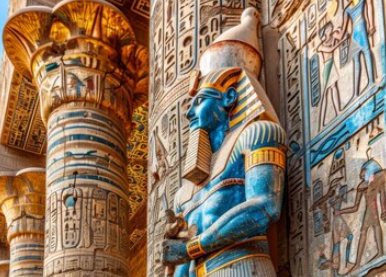Egypt’s geopolitical strategy is strongly driven by its almost perfect location that brings in its bountiful resources ranging from energy capabilities in wind and solar, its Suez Canal enabling cross-continental trade or maintaining an intricate balance of relationships between the USA, its regional leaders, China and long time ally, Russia.
Egypt is the most populated Arab nation with a population of 106.8 million people and the largest military in the region. A large population is beneficial by having enough feet on the ground for security and protection, as well as for labour force purposes. The state also has very close relations with Gulf states, specifically Saudi Arabia and the UAE. This connection is based on countering terrorism, regional security and mutual economic benefit. Egypt along with these Gulf States have faced the threat of terror attacks from existmist groups especially after the overthrowing of the Muslim Brotherhood in Egypt; the Gulf Countries have viewed the Brotherhood as a threat to their monarchies thus, leading to a united front against Ismalist movements became imperative. The countries have a history of undergoing military coordination military exercises, one can imagine the high level of strategy shared among these countries, considering that Egypt receives $1.3 billion in military aid from the USA annually. Pairing these factors with the significant financial aid from Gulf states proves common ground for successful allyship, regional stability and infrastructural development.
An incredible strategic geopolitical advantage that Egypt has is the control of one of the world’s most important shipping canals in the world, namely, the Suez Canal. The Canal plays a pivotal role in global trade offering a route connecting Africa, Asia and Europe via the Red Sea to the Mediterranean. The government has already made intentional efforts to maintain the Canal by expanding the Canal to facilitate two-way transfer of goods. This offers Cairo leverage in international affairs, thus, enabling it to exert influence over global trade and the impacts of the route has been witnessed over the last year since the war in Palestine by Israel, and Houthi attacks of goods moving through the Red Sea. The Suez Canal’s relevance is not solely for logistical purposes but also economic through the Suez Canal Economic Zone (SCZone) poising itself as a central hub for manufacturing, attracting FDI (Foreign Direct Investment), enhance economic stability and a location promoting innovation and efficiency.
The Egyptian government does an excellent job of balancing out their relationships with different powers regionally and internationally. The state has played an important role as a regional mediator in MENA or in countries like Libya, Sudan, consistent conflict resolution discussion for Palestine, or even most recently re-strengthening the relationship between Turkey and Egypt after five years.
As Africa’s second largest economy, Egypt has a majorly strategic geopolitical role to play in intensifying the relationship between African states to those in the Arab world and Middle East. In Cairo bridging the gap, it enables the infamous Belt and Road Initiative from China to become more of a reality and one can only imagine the positive impact this would have for business growth opportunities, infrastructure development projects- the upskilling and wide-scale employment this would have for citizens- and create more diverse international partnerships that do not rely on Western influence.








